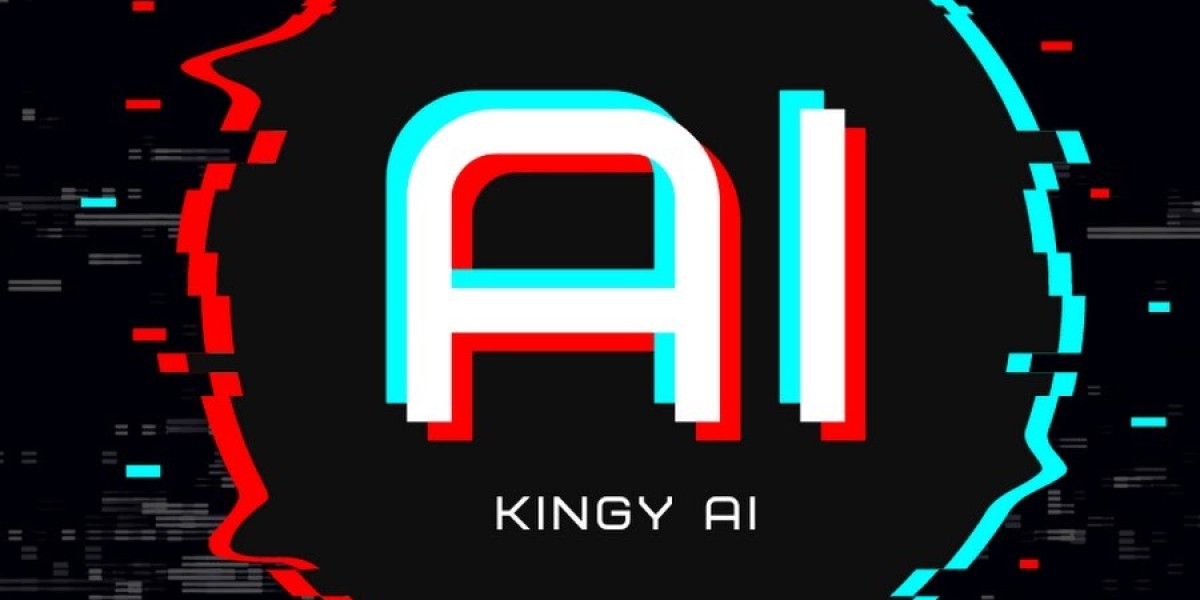In today's fast-paced digital landscape, artificial intelligence (AI) is not just transforming industries; it’s also reshaping the way brands operate, communicate, and connect with their audiences. As AI continues to evolve, it’s becoming a pivotal tool for companies looking to build strong, innovative brands that resonate with their target markets. In this article, we’ll explore how AI is being leveraged to create and enhance brand identities, as well as the opportunities it presents for businesses.
What is an AI Brand?
AI brand refers to a company or product that leverages artificial intelligence in its operations, products, or services to create a unique value proposition and differentiate itself from competitors. It can also refer to a brand that has integrated AI technologies into its branding strategies, marketing, and customer interactions.
AI brands utilize cutting-edge technologies such as machine learning, natural language processing, chatbots, and predictive analytics to enhance customer experience, streamline operations, and foster innovation. AI-driven brands are at the forefront of digital transformation, demonstrating how technology can elevate branding and drive long-term growth.
How AI is Shaping the Branding Landscape
Personalized Customer Experiences AI enables brands to offer highly personalized experiences to their customers. By analyzing vast amounts of data, AI tools can predict customer preferences, behaviors, and needs, allowing brands to deliver tailored messages, offers, and content. For instance, e-commerce platforms use AI to recommend products based on previous purchases or browsing history, creating a more relevant and engaging shopping experience.
Example: Netflix uses AI to personalize content recommendations, keeping viewers engaged by offering tailored suggestions based on their watching habits.
AI-Powered Content Creation Content is the cornerstone of modern branding, and AI is playing a crucial role in streamlining content creation. Tools like natural language generation (NLG) and AI-driven copywriting software can create articles, social media posts, and advertisements quickly and efficiently, while maintaining a consistent tone and style.
Example: AI-powered tools like Jasper and Copy.ai help marketers and content creators generate high-quality written content in minutes, saving time and resources while boosting productivity.
Improved Customer Support Chatbots and AI-powered virtual assistants have revolutionized customer service by providing quick, reliable, and round-the-clock support. These AI-driven systems can handle a wide range of customer queries, from simple FAQs to more complex issues, improving customer satisfaction and loyalty.
Example: Brands like H&M and Sephora use AI chatbots to provide instant responses to customer queries on their websites and mobile apps, enhancing the shopping experience.
Predictive Analytics and Market Insights AI helps brands make data-driven decisions by providing predictive insights into market trends, consumer behaviors, and business performance. Using machine learning algorithms, AI analyzes past data and trends to predict future outcomes, enabling brands to adjust their marketing strategies, inventory management, and product offerings accordingly.
Example: Retail brands use AI-powered tools to predict demand for products based on factors like seasonality, regional preferences, and historical sales data, optimizing inventory levels and minimizing waste.
Enhanced Brand Storytelling AI can also assist brands in telling more compelling and emotionally resonant stories by analyzing audience data to understand their emotions, preferences, and values. This information helps brands craft stories that align with their audience’s needs, creating deeper connections.
Example: Coca-Cola uses AI to analyze social media conversations and sentiment, helping the brand craft marketing messages that resonate emotionally with their target audience.
Automation and Efficiency One of the biggest advantages of AI in branding is automation. AI tools can automate repetitive tasks like scheduling social media posts, email marketing campaigns, and ad targeting, allowing brands to focus on higher-level strategy and creative endeavors.
Example: Brands like Nike and Amazon use AI to automate their advertising campaigns, adjusting ad placements and content in real-time based on user interaction and engagement.
Key Benefits of Building an AI-Driven Brand
Increased Efficiency
By automating processes such as content generation, customer service, and data analysis, AI brands can operate more efficiently, reducing costs and time spent on manual tasks.Enhanced Customer Insights
AI allows brands to gain a deeper understanding of their customers by analyzing behavioral data, sentiment, and preferences. These insights help brands tailor their offerings to meet specific customer needs and desires, creating more value for their target audience.Stronger Customer Relationships
Personalized marketing, proactive customer support, and customized experiences help build stronger, long-term relationships with customers. AI allows brands to engage customers in meaningful ways that feel personal and relevant.Faster Innovation
AI-driven brands are often more agile and better equipped to respond to market changes. By using predictive analytics and real-time data, AI brands can innovate faster, launching new products, services, or features that meet evolving customer demands.Scalability
AI solutions can scale quickly as brands grow. Whether it’s increasing customer interactions, managing larger datasets, or expanding product offerings, AI can adapt to the demands of a growing business.
Examples of AI-Powered Brands
Tesla
Tesla is a prime example of an AI-driven brand that has revolutionized the automotive industry. With its advanced AI systems, Tesla cars feature self-driving capabilities that continuously improve through machine learning. Tesla’s brand is synonymous with innovation, and AI plays a central role in its differentiation.Amazon
Amazon is another AI-driven brand that leverages machine learning to optimize every aspect of its business, from inventory management to product recommendations. The company’s AI-powered Alexa voice assistant is an integral part of its brand, offering customers a seamless, voice-activated shopping experience.Spotify
Spotify’s use of AI to personalize music recommendations has made it one of the most popular music streaming platforms in the world. By analyzing listening habits and preferences, Spotify’s AI creates personalized playlists and helps users discover new music, making the brand feel highly tailored to each individual.IBM Watson
IBM Watson is a leading AI platform used by businesses to analyze data and make intelligent decisions. IBM’s branding focuses on innovation, and its AI-powered solutions are used across a range of industries, from healthcare to finance, making it a key player in the AI-driven business world.
Building Your Own AI Brand
For businesses looking to build or strengthen an AI-driven brand, here are some steps to consider:
Identify the Core AI Technologies
Determine which AI technologies are most relevant to your business goals. Whether it's machine learning, natural language processing, or predictive analytics, choose the tools that align with your brand’s needs.Emphasize Transparency and Ethics
With the increasing importance of responsible AI, it’s essential for AI brands to be transparent about how their AI solutions work. Ensure ethical AI practices are a core part of your brand values, addressing concerns such as privacy, fairness, and bias.Leverage AI for Customer-Centric Innovation
Use AI to personalize the customer experience, improve products and services, and deliver value. Innovation should be driven by a deep understanding of customer needs and preferences, which AI can help uncover.Stay Ahead of Trends
AI is a fast-evolving field. To build a successful AI brand, stay ahead of the curve by constantly monitoring new AI advancements and adopting the latest technologies that enhance your brand’s offerings.
Conclusion
Building an AI-driven brand opens up exciting opportunities to innovate, personalize, and streamline business operations. As AI continues to play an integral role in reshaping industries, brands that leverage this technology will gain a competitive edge in terms of customer engagement, efficiency, and scalability. Whether you’re a startup or an established company, integrating AI into your branding strategy can create a powerful, future-proof brand that resonates with today’s tech-savvy consumers.



